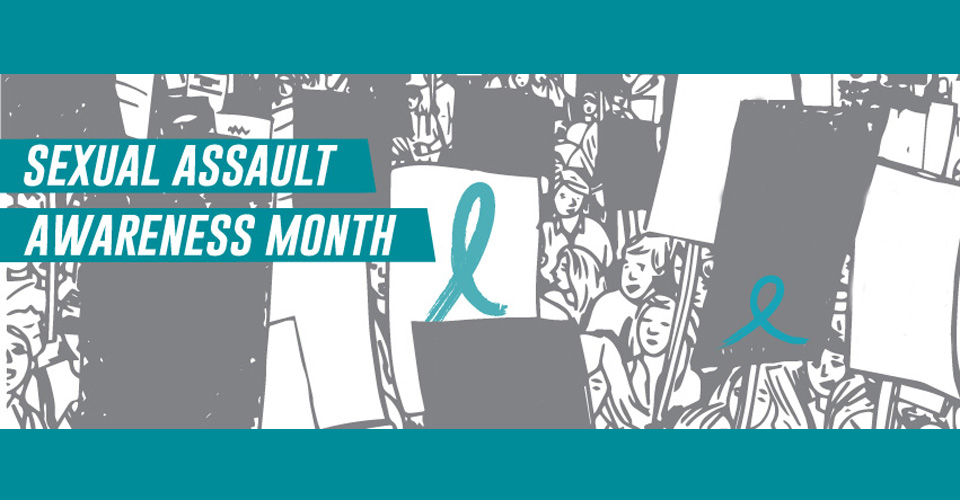National Sexual Assault Awareness month (April) is a good time to ignite the flame of speech and support for those facing the difficult issues surrounding sexual assault. Title IX is a position that must be held at all federally funded universities. The Title IX coordinator is responsible for overseeing complaints providing training and handling all official reports and grievance procedures regarding sexual assault.
NEOMED’s Title IX office, under the direction of Rajini Poth, Ph.D. in the Office of Diversity, Equity and Inclusion, is here to provide education and guidance for students, faculty and staff.
Sydne Robinson, an undergraduate student at Kent State University who assists in Dr. Poth’s office, contributed the following article.
Sexual assault survivors face psychological consequences including depression, posttraumatic stress and suicidality. When the survivor is a student, these consequences may put their educational wellbeing in jeopardy as well. Yet sexual assault often goes unreported, and survivors often don’t use resources available to them. A study conducted (Fisher et al., 2003; Lindquist et al., 2013) in 2013 showed that only 0-5.3% of sexual assault survivors made a formal grievance through university reporting procedures. Why?
Here are some of the many barriers that sexual assault survivors have cited, and how NEOMED can help you overcome them.
Lack of resources?
- Title IX is based on a federal law designed to protect all participants in the university’s educational programs from discrimination on the basis of sex. In addition, Title IX prohibits sexual harassment, which includes sexual assault and violence. NEOMED’s Title IX services in the Office of Diversity, Equity and Inclusion are a resource for the whole campus community.
- The Center for Student Wellness and Counseling Services provides free and confidential counseling services for stress, depression, sexual assault, time management, suicidal thoughts and a range of other concerns.
- Help is available 24 hours a day for students in a crisis or in need of a personal intervention. Please call 216.903.7873 and leave your full name and phone number. Your call will be returned within 15 minutes.
- While counseling services are only for students, a counselor will see faculty and staff if they are in crisis, then make a referral to a community provider.
Lack of affordable mental and physical health facilities?
- Students are required to carry medical, life and disability insurance. Medical coverage is available through the University, if needed, and students are automatically enrolled in life and disability insurance.
Lack of time or transportation to obtain the needed resources?
Town Hall II
Toll Free: 1.800.449.8518
24-Hour Helpline: 330.678.HELP (4357)
Campus Police Department
330.325.6489, or
330.325.5911
Stigma?
Including a wide range of feelings, beliefs and responses that made seeking support seem unacceptable and concern that the report would not be kept confidential or helpful, and that the report would not be kept confidential.
- NEOMED has an open-door policy for mental health concerns. It operates under strict confidentiality standards.
NEOMED encourages all students, staff and faculty to seek help and support. If you are having suicidal thoughts, or if you are experiencing an emotional or psychiatric crisis, call the National Suicide Prevention Lifeline at 1.800.273.8255 or go to the nearest emergency room.
Contact Dr. Poth by phone, 330.325.6736, or by email at rpoth@neomed.edu.
